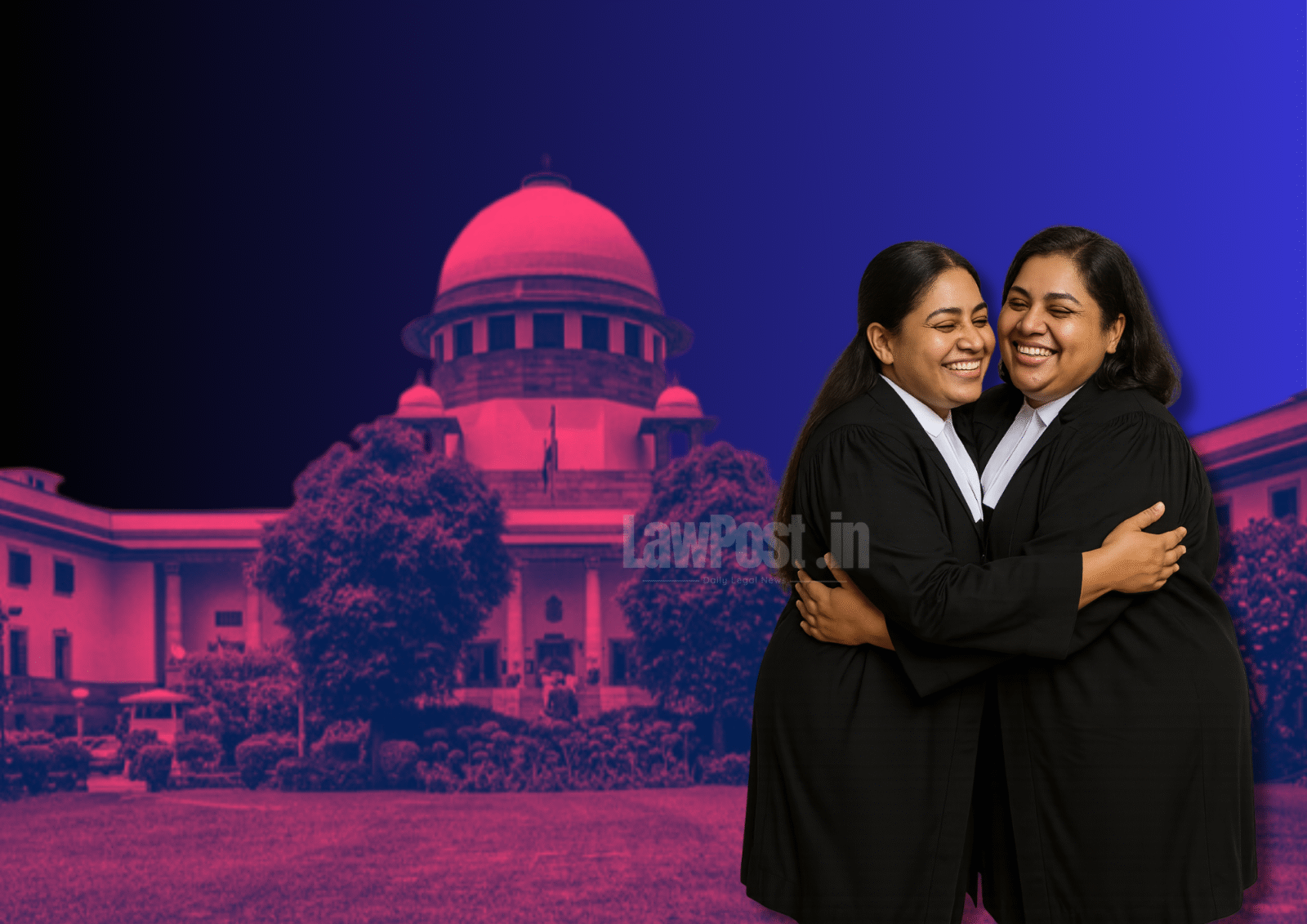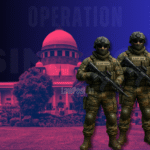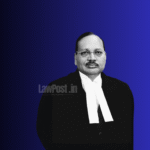In a significant move toward promoting gender equality in the legal profession, the Supreme Court on Friday ordered that 30% of the seats in the executive committees of the Gujarat High Court and District Bar Associations, along with the post of treasurer, be reserved for women lawyers.
The order was delivered by a Bench comprising Justice Surya Kant and Justice NK Singh in response to a plea filed by Meena A. Jagtap, a practicing lawyer at the Gujarat High Court. Jagtap had sought 33% reservation for women in the elections of Bar Associations across Gujarat and the Bar Council of Gujarat, citing the Supreme Court’s earlier judgment in Supreme Court Bar Association v. BD Kaushik.
While allowing the reservation in Bar Associations, the Court clarified that the issue of reservation in the Bar Council of Gujarat would be “considered at a later stage,” taking into account all State Bar Councils and the Bar Council of India (BCI).
“There is no justification to adopt a different position with regard to Gujarat,” the Bench stated, aligning its decision with similar directions passed earlier for bar bodies in Delhi, Karnataka, and the Supreme Court Bar Association.
The petition argued that the absence of reserved seats for women in bar leadership violated Articles 14, 15, and 16 of the Constitution and contradicted India’s international commitments under the Convention on the Elimination of All Forms of Discrimination Against Women (CEDAW).
The plea highlighted that although the number of women enrolling as lawyers in Gujarat has steadily risen, their representation in leadership remains “negligible.” It stated:
“While women are increasing day by day and are being registered as lawyers in the state of Gujarat, their representation in leadership positions remains negligible. This disparity affects young women lawyers particularly, as issues specific to women practitioners can only be fully understood and addressed by women representatives in decision-making positions.”
The petition also invoked cultural history, noting that ancient Indian traditions upheld women as equal to men. “Women were celebrated and revered… reflected in religious and cultural texts, where women are venerated as ‘Devi,’ the embodiment of divinity and power,” it stated.
With this ruling, the Supreme Court reinforces its commitment to creating a more inclusive legal system by ensuring fair representation for women within bar associations.
Case: Meena A. Jagtap vs Bar Council of India – Available on LAWFYI.IO








